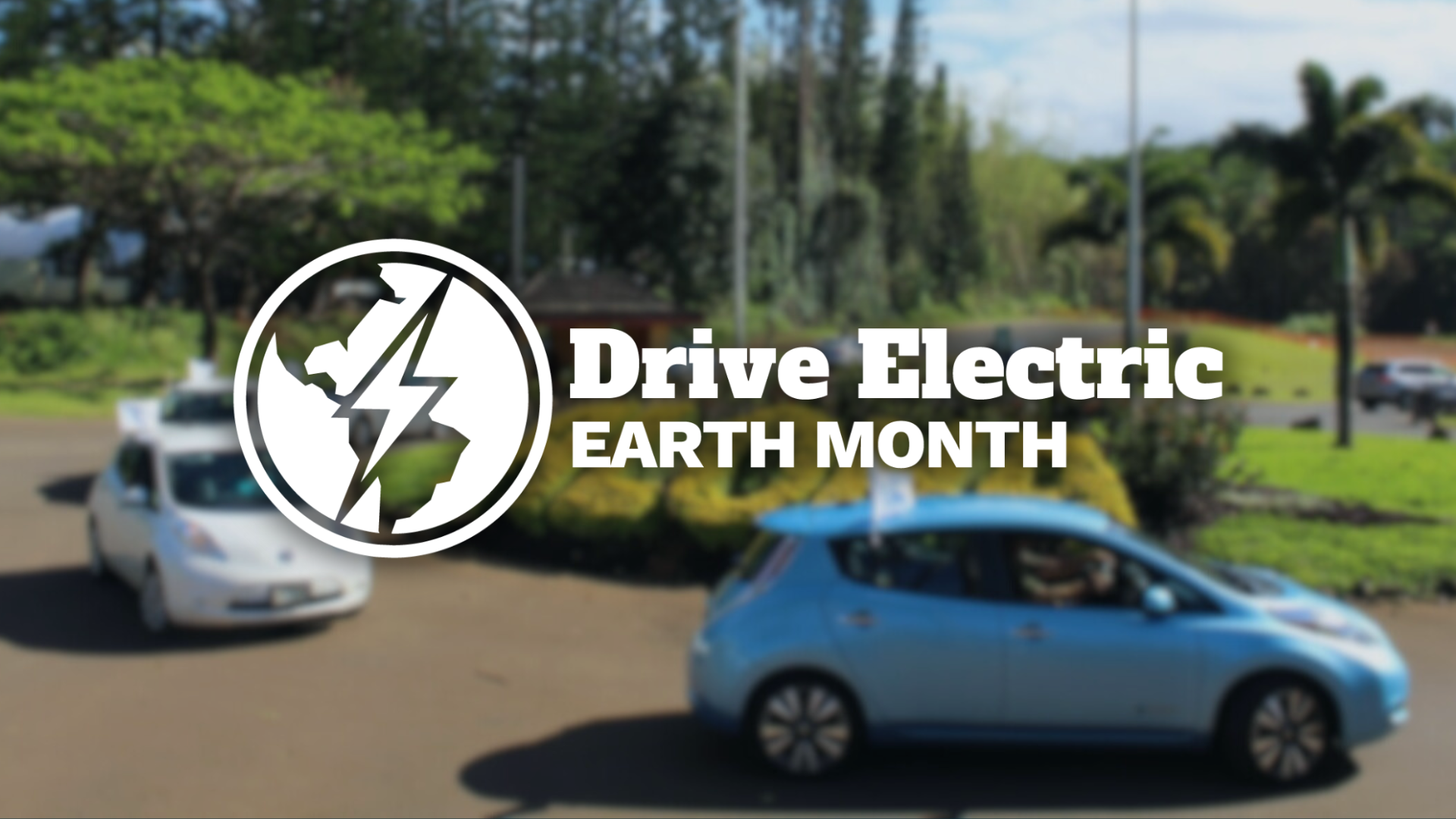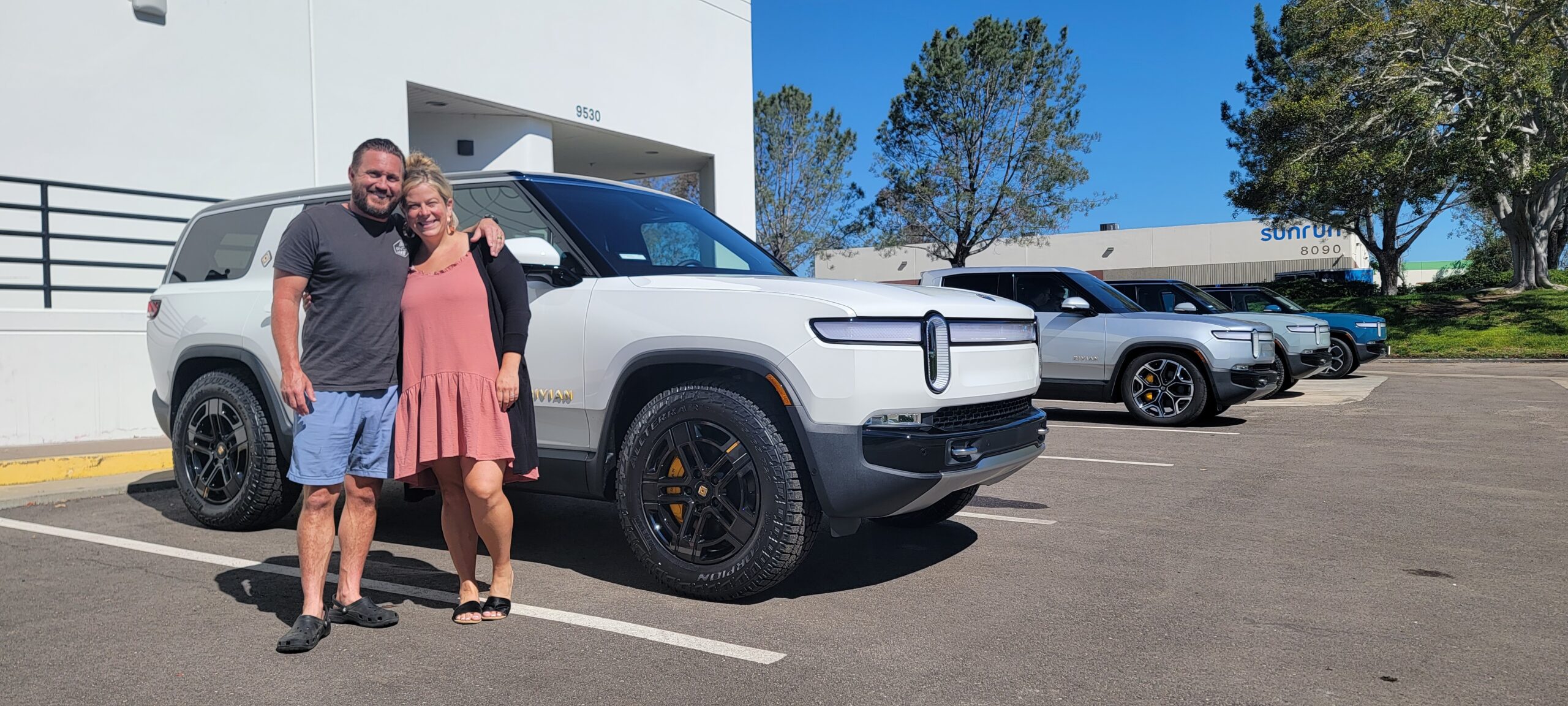Next up on our new series, Ask the EV Expert, we field a question from Frank in Massachusetts. Have a question of your own? Post it on Facebook, Tweet at us or email us at info@pluginamerica.org #AskTheEVExpert
Many people have talked about the environmental impact of electric car batteries once they have reached the end of their lifespan and are discarded. Could you talk about what efforts are being undertaken by manufacturers to address this issue?
Question:
Many people have talked about the environmental impact of electric car batteries once they have reached the end of their lifespan and are discarded. Could you talk about what efforts are being undertaken by manufacturers to address this issue?
Answer:
As with any revolutionary technology, there are appropriate concerns about electric car batteries and their potential impact on the environment. Various types of batteries contain materials that aren’t safe to dump in landfills. Early rechargeable batteries that use nickel metal hydride contain toxic materials that had to be disposed of properly. The lead acid 12-volt batteries in your car are required to be recycled by law.
The good news is the battery packs in today’s electric cars use a lithium-ion chemistry that doesn’t contain toxic materials and they’re are considered landfill safe. Although they can be dumped in a landfill, they contain valuable materials, so they’re usually recycled. And while a battery may be too depleted to power a car, there’s still a lot of life left in most of them.
Even before lithium ion batteries get recycled, they can be reused for energy storage. Some car makers have been investigating “second life” uses, such as stationary energy storage, or in some cases, emergency backup power in the case of power outages. For example, BMW is collaborating with universities and others to experiment with used i-series batteries to store energy for homes. Nissan is partnering with other businesses on pilot projects, including one where multiple Nissan LEAF batteries are configured to offset peak electricity demand, creating savings while also benefiting the utility grid. And Tesla, which is working on its own battery factory in Nevada, provides what the company calls a “closed loop” recycling program for its vehicles.
So there you have it; electric car batteries are environmentally friendly, and have many second life uses after they’re finished powering your car.

